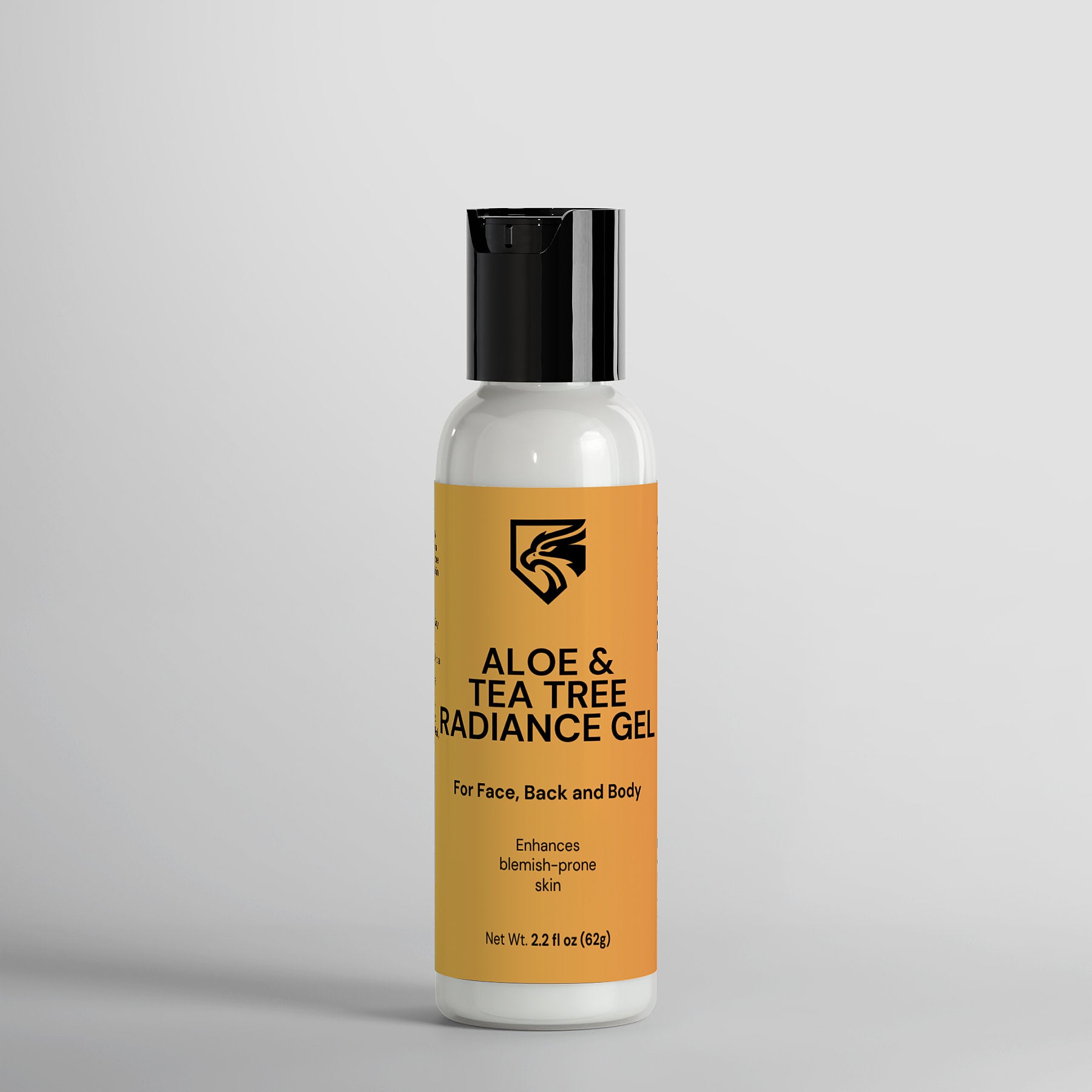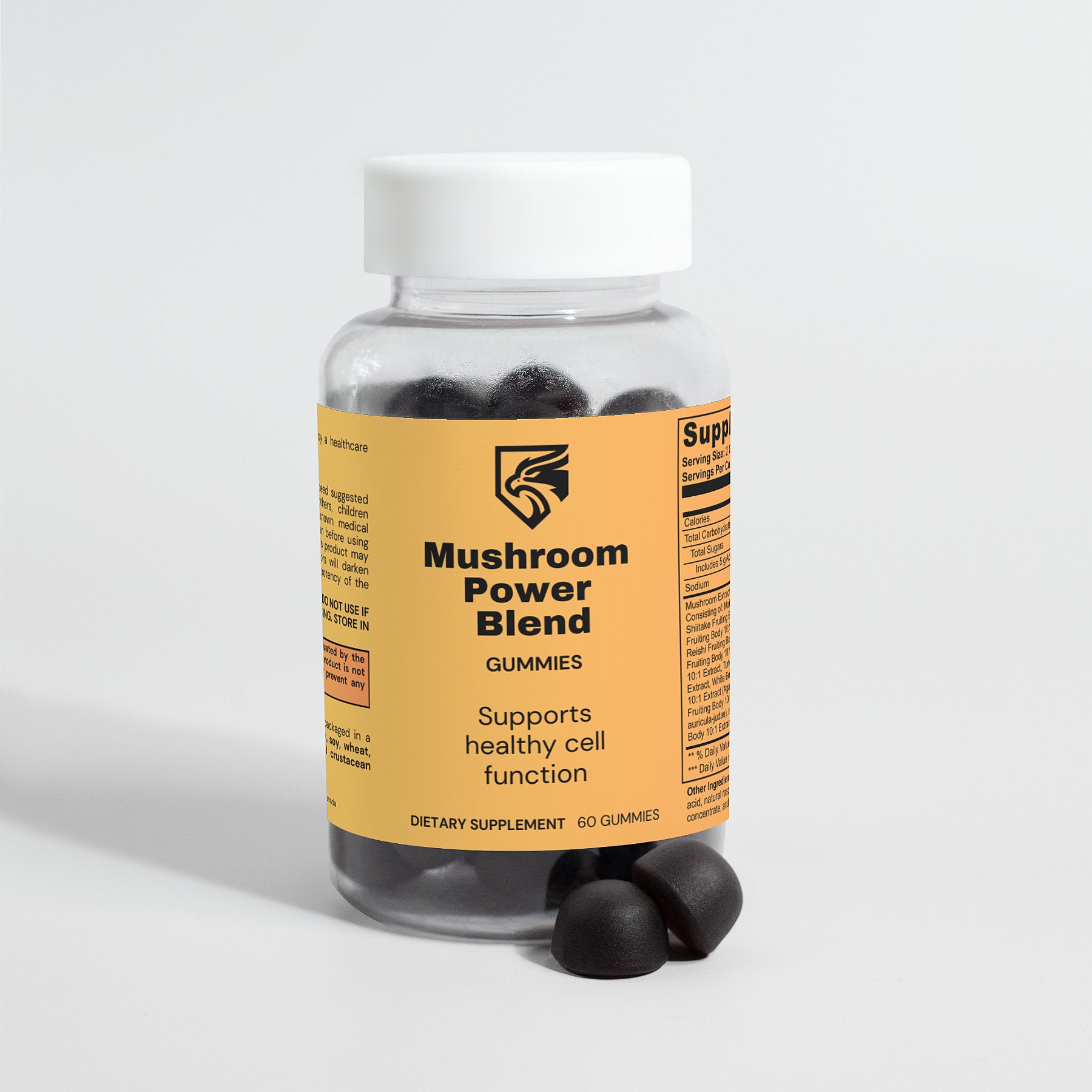Introduction:
The aging process brings about significant changes in various physiological systems, including the brain. As individuals advance in age, they often experience declines in cognitive function, which can impact their quality of life and independence. While aging is a natural part of life, research suggests that hormonal changes, particularly in testosterone levels, may play a crucial role in influencing cognitive aging processes.
This article aims to explore the relationship between testosterone and brain aging, focusing on its impact on cognitive function. We will review longitudinal studies examining the association between testosterone decline and age-related cognitive decline, discuss the neuroprotective effects of testosterone against brain changes and neurodegenerative diseases, and evaluate the potential of testosterone replacement therapy in preserving cognitive function in older adults. Furthermore, we will explore lifestyle interventions and dietary factors that may support healthy testosterone levels and promote brain health in aging individuals. Finally, we will discuss considerations for optimizing brain health and cognitive resilience through hormonal interventions.
- Testosterone Decline and Age-Related Cognitive Decline:
Longitudinal studies have provided compelling evidence of a link between declining testosterone levels and age-related cognitive decline. Testosterone, primarily known as a male sex hormone, is also present in females at lower levels and plays a crucial role in various physiological processes, including cognition. Research suggests that testosterone levels gradually decline with age, and this decline has been associated with impairments in cognitive function, such as memory, attention, and executive function.
One notable longitudinal study conducted by researchers at the University of Edinburgh followed a cohort of older men over a period of several years and found that lower testosterone levels were associated with accelerated cognitive decline, particularly in visuospatial abilities and processing speed. Similarly, studies in postmenopausal women have shown a correlation between low testosterone levels and cognitive impairment, including deficits in verbal memory and executive function.
- Neuroprotective Effects of Testosterone:
In addition to its role in reproductive function, testosterone exerts neuroprotective effects on the brain. Research suggests that testosterone plays a vital role in promoting neurogenesis, synaptic plasticity, and neuronal survival, which are essential for maintaining cognitive function and protecting against age-related brain changes. Animal studies have demonstrated that testosterone administration can enhance cognitive performance and protect against neuronal damage in models of neurodegenerative diseases, such as Alzheimer's disease.
Furthermore, testosterone has been shown to modulate neurotransmitter systems involved in cognition, such as dopamine and serotonin, thereby influencing mood, motivation, and cognitive processes. Additionally, testosterone may help regulate inflammatory processes in the brain, reducing neuroinflammation and oxidative stress, which are implicated in neurodegenerative diseases.
- Testosterone Replacement Therapy:
Given the potential cognitive benefits of testosterone, there has been growing interest in the use of testosterone replacement therapy (TRT) as a strategy to preserve cognitive function in older adults. TRT involves administering exogenous testosterone to individuals with clinically low testosterone levels, aiming to restore hormonal balance and alleviate symptoms of hypogonadism.
Several clinical trials have evaluated the effects of TRT on cognitive function in older men with low testosterone levels. While results have been mixed, some studies have reported improvements in cognitive outcomes, including memory, attention, and executive function, following testosterone supplementation. However, more research is needed to elucidate the long-term effects and safety of TRT in the context of cognitive aging.
- Lifestyle Interventions and Dietary Factors:
In addition to medical interventions, lifestyle factors and dietary habits play a crucial role in modulating testosterone levels and promoting brain health in aging individuals. Regular physical exercise has been shown to increase testosterone production and enhance cognitive function through various mechanisms, including improved blood flow to the brain, increased neurotrophic factor secretion, and reduced inflammation.
Moreover, dietary factors such as adequate protein intake, healthy fats, vitamins, and minerals are essential for supporting testosterone synthesis and brain function. For example, zinc and vitamin D are micronutrients that play key roles in testosterone production, while omega-3 fatty acids found in fish oil have been associated with cognitive benefits and may help mitigate age-related cognitive decline.
- Considerations for Optimizing Brain Health:
Optimizing brain health and cognitive resilience in aging individuals requires a multifaceted approach that addresses hormonal, lifestyle, and environmental factors. While testosterone replacement therapy may be beneficial for some individuals with clinically low testosterone levels, it is essential to consider the potential risks and benefits in the context of individual health status and preferences.
Furthermore, promoting healthy lifestyle habits, such as regular exercise, balanced nutrition, stress management, and social engagement, can help support cognitive function and overall well-being as individuals age. Additionally, ongoing research into novel therapeutic strategies, including hormone-based interventions and neuroprotective agents, holds promise for improving outcomes in age-related cognitive decline and neurodegenerative diseases.
Conclusion:
In conclusion, testosterone plays a significant role in brain aging and cognitive function, with declining levels associated with age-related cognitive decline and neurodegenerative diseases. Understanding the complex interplay between hormones, brain health, and aging is essential for developing effective strategies to promote cognitive resilience and preserve quality of life in older adults. While testosterone replacement therapy shows promise as a potential intervention, further research is needed to elucidate its long-term effects and optimize treatment strategies. In the meantime, adopting a holistic approach that encompasses lifestyle interventions, dietary factors, and hormonal considerations is crucial for optimizing brain health and cognitive function as individuals age.







1 comment
iAabWGfNzVXFnp
yRgmoLhKziHGlUA
Leave a comment
All comments are moderated before being published.
This site is protected by hCaptcha and the hCaptcha Privacy Policy and Terms of Service apply.